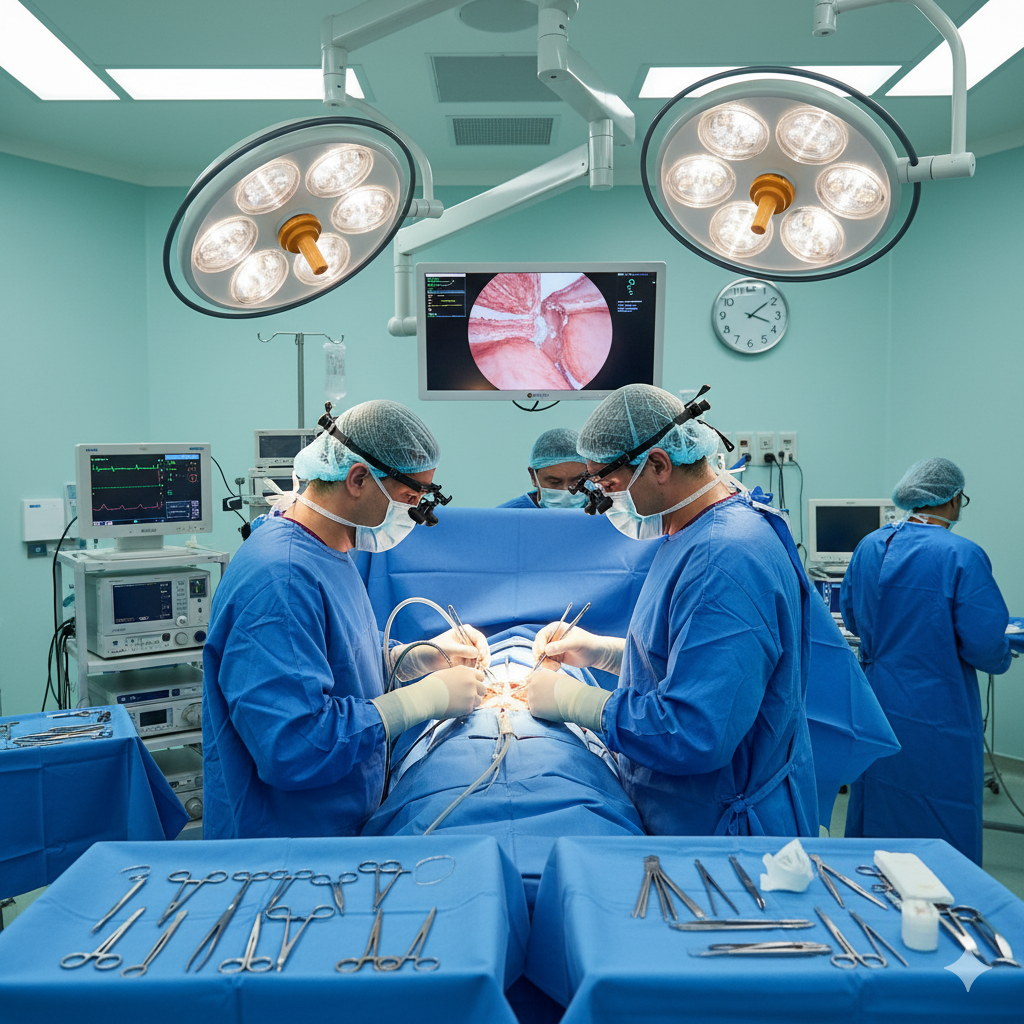Cancer surgery is often physically and emotionally challenging for patients, with recovery traditionally involving prolonged hospitalization, pain, and delayed return to normal life. In recent years, Enhanced Recovery After Surgery (ERAS) protocols have transformed perioperative care in oncology by focusing on evidence-based strategies that optimize recovery, reduce complications, and improve patient outcomes.

What are ERAS Protocols?
ERAS (Enhanced Recovery After Surgery) is a multidisciplinary approach designed to reduce the physiological stress of surgery and promote faster healing. Unlike conventional care pathways, ERAS integrates preoperative, intraoperative, and postoperative measures aimed at minimizing surgical trauma, maintaining normal body function, and accelerating recovery.
Key Components of ERAS in Cancer Surgery
- Preoperative Optimization
- Patient counseling and education about the surgical journey.
- Nutritional support to reduce malnutrition, which is common in cancer patients.
- Avoidance of prolonged fasting with the use of carbohydrate-rich drinks before surgery.
- Intraoperative Strategies
- Minimally invasive surgical techniques, such as laparoscopic or robotic surgery.
- Effective pain management using multimodal analgesia to limit opioid use.
- Fluid management to maintain optimal hydration without overload.
- Postoperative Care
- Early mobilization to reduce the risk of blood clots and pulmonary complications.
- Early initiation of oral feeding to support gut function and recovery.
- Continuous patient engagement in self-care and rehabilitation.
Benefits of ERAS in Cancer Surgery
- Faster Recovery – Shorter hospital stays and quicker return to daily activities.
- Reduced Complications – Lower incidence of infections, blood clots, and pulmonary problems.
- Better Pain Control – Reduced dependence on opioids and improved overall comfort.
- Improved Psychological Well-Being – Active patient involvement reduces anxiety and builds confidence.
- Oncological Safety – Research confirms that ERAS does not compromise cancer outcomes such as tumor clearance or survival.
Evidence Supporting ERAS in Oncology
Multiple studies across colorectal, gynecologic, urologic, and hepatobiliary cancers show that ERAS leads to:
- 30–50% reduction in hospital stay.
- Lower readmission and complication rates.
- Enhanced tolerance to adjuvant chemotherapy, improving long-term outcomes.
The Future of ERAS in Cancer Care
The next phase of ERAS involves personalization through digital monitoring, wearable devices, and AI-based predictive models. These advancements will help tailor recovery pathways to individual patient needs, ensuring even better outcomes. Global collaboration through ERAS societies is also expanding protocol adoption across various cancer specialties.
Conclusion
ERAS protocols represent a major step forward in cancer surgery, redefining how patients experience the perioperative journey. By blending technology, multidisciplinary teamwork, and evidence-based practices, ERAS enhances recovery, reduces complications, and ensures patients return to normal life sooner. As cancer care evolves, ERAS is set to become the gold standard worldwide.